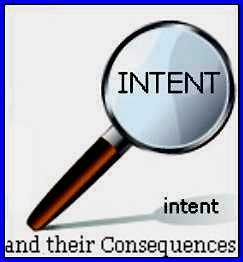In estate disputes, it is often disappointed beneficiaries or the intestate successors who failed to inherit that wish to contest the estate.
The personal representative of the estate, be it an executor or court appointed administrator, may refuse to initiate or defend a court action that interested parties wish to pursue.
Despite it being a common practice, there was some question as to the legal right to sue of such parties, in that sense they were not the legal representatives of the estate, they lacked the proper “standing.”
The decision of Doucette v. McInnes 2007 BCSC 289 resolve the issue by granting such interested parties the necessary standing to initiate or defend a court action should the personal representative refuse or neglect to do so.
Under section 151 of WESA, the court has granted a limited class of interested parties the ability to both pursue or defend claims on behalf of an estate once they have “leave” ( permission) of the court to do so
The requirements in order to obtain leave from the court are:
1) reasonable efforts must be shown to have attempted to cause the personal representative to commence proceedings;
2) has given notice to the personal representative, any other beneficiaries are intestate successors, and anyone the court directs;
3) is acting in good faith;
4) it appears to the court that it is necessary or expedient for the protection of the estate or the interests of the beneficiary for the proceeding to be brought or defendant
S151 Reads as Follows:
Beneficiary or intestate successor may sue with leave of court
151 (I) Despite section 136 [effect of representation grant], a beneficiary or an intestate successor may, with leave of the court, commence proceedings in the name and on behalf of the personal representative of the deceased person
(a) to recover property or to enforce a right, duty or obligation owed to the deceased person that could be recovered or enforced by the personal representative, or
(b) to obtain damages for breach of a right, duty or obligation owed to the deceased person.
(2) A beneficiary or an intestate successor may, with leave of the court, defend in the name and on behalf of the personal representative of a deceased person, a proceeding brought against the deceased person or the personal representative.
(3) The court may grant leave under this section if
(a) the court determines the beneficiary or intestate successor seeking leave
(i) has made reasonable efforts to cause the personal representative to
commence or defend the proceeding, (ii) has given notice of the application for leave to
(A) the personal representative,
(B) any other beneficiaries or intestate successors, and
(C) any additional person the court directs that notice is to be given, and (iii) is acting in good faith, and
(b) it appears to the court that it is necessary or expedient for the protection of the
estate or the interests of a beneficiary or an intestate successor for the proceeding
to be brought or defended.
(4) On application by a beneficiary, an intestate successor or a personal representative, the court
may authorize a person to control the conduct of a proceeding under this section or may give other
directions for the conduct of the proceeding.




